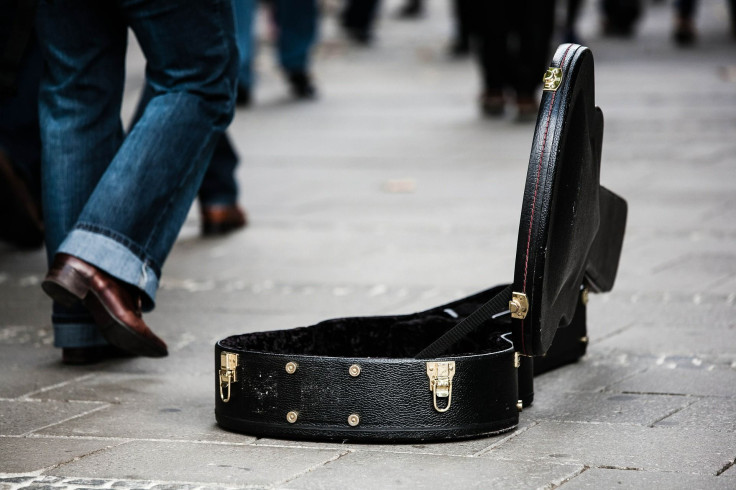The Human Brain May Be Hardwired For Altruism; Certain Activity Inspires People To Be Kind And Generous

Altruism is the principle behind kind and selfless behavior, but is it something humans are hardwired to do? Two neuroscientists from the University of California, Los Angeles, decided to investigate whether or not humans are born with an innate desire to give and care for others, or if the opposite is true. Their findings, published in the journal Human Brain Mapping, reveal altruism may in fact be rooted in the brain.
"Our altruism may be more hardwired than previously thought," said the study’s co-author Leonardo Christov-Moore, a postdoctoral fellow at UCLA's Institute of Neuroscience and Human Behavior, in a press release. "This is potentially groundbreaking."
Up until now, psychology experts were still on the fence about the origins of this kind of behavior. So Christov-Moore and senior study author Marco Iacoboni, a psychiatry professor at UCLA, recruited 20 participants to undergo functional magnetic resonance machine (fMRI) in order to monitor their brain activity. Each person saw a video of a hand being poked with a pin before they were asked to imitate photographs of different faces exhibiting a range of emotions, like happiness, sadness, anger, and excitement.
The last part of the study was a bit of a game, where participants were given $10 dollars to either keep for themselves or share with a stranger. After 24 rounds, researchers compared their brain scans to the choices they made with their money. And those with the greater activity in the brain's prefrontal cortex— a region that controls decision-making, emotion, and working memory — gave the fewest dollars, between $1 and $3 per round. They also had the strongest responses in the parts of the brain responsible for pain and emotional perception.
Overall, one-third of the participants gave away an average of 75 percent of their money to strangers. Researchers believe participants' brains allowed them to mirror the strangers in the game, which they now suspect is the driving force behind altruism.
"It's almost like these areas of the brain behave according to a neural Golden Rule," Christov-Moore said. "The more we tend to vicariously experience the states of others, the more we appear to be inclined to treat them as we would ourselves."
In a second study, published in the journal Social Neuroscience, researchers explored how the brain works when people make decisions, paying special attention to the prefrontal cortex. They recruited 58 participants, including the original 20 participants involved in the first study, who agreed to undergo a non-invasive procedure that temporarily dampens or weakens brain activity.
The results showed participants were 50 percent more generous when activity in their prefrontal cortex was weakened than when activity was normal. Knocking out this part of the brain may free a person's ability to empathize or feel for other people, Christov-Moore said.
"Normally," he added, "participants would have been expected to give according to need, but with that area of the brain dampened, they temporarily lost the ability for social judgments to affect their behavior. By dampening this area, we believe we laid bare how altruistic each study participant naturally was."
Source: Christov-Moore L and Iacoboni M. Human Brain Mapping. 2016.
Published by Medicaldaily.com



























